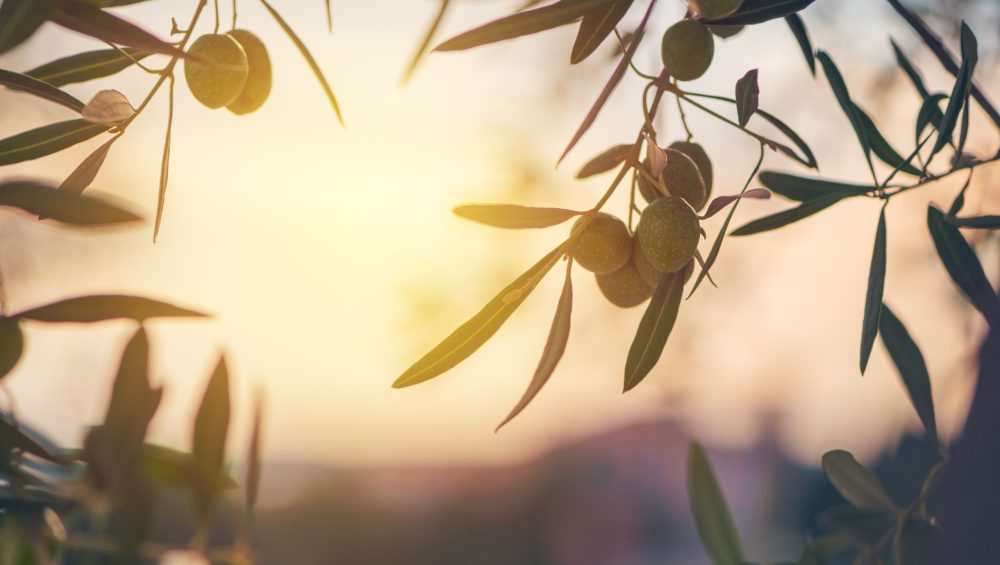Olive oil has been considered one of the most valuable food sources in human history for thousands of years. The origin of the olive tree dates back approximately 6,000 years to the Eastern Mediterranean. First cultivated in the Levant region (modern-day Turkey, Syria, Lebanon, and Palestine), olive trees gradually spread across the Mediterranean, playing a significant role in the lives of many civilizations.
1.Olive Oil in Antiquity
In ancient times, olive oil was not only used as a food source but also in religious rituals and health practices. In Ancient Egypt, it was used in cosmetics and mummification processes, while in Ancient Greece, it became associated with Athena, the goddess of wisdom and peace. The Romans made great advancements in olive oil production, distributing this valuable product widely across their vast territories.
2.Olive Oil in the Middle Ages
Throughout the Middle Ages, societies around the Mediterranean continued olive oil production. Particularly in Andalusian Spain and Italy, olive farming flourished, and the trade of olive oil became widespread during this period. In Italy, monks cultivated olive trees in their monasteries, preserving and spreading this cultural heritage.
3.Olive Oil in the Modern Era
Starting with the Renaissance, olive oil reached wider audiences across Europe. Spanish and Portuguese explorers brought olive trees to new regions such as South America and California. Today, olive oil has become an essential product in modern kitchens, with scientific research proving its health benefits.
4.The Cultural and Economic Importance of Olive Oil
Olive oil is not only a food product but also a cultural and economic heritage. For many countries around the Mediterranean, olive oil is both a symbol and an important source of income. Countries such as Spain, Italy, Greece, and Turkey are among the leading olive oil producers in the world. Olive harvests in these regions are often celebrated with festivals, and olive oil production is part of environmentally friendly, sustainable farming practices.
Olive oil, with its thousands of years of history, has earned a place both on tables and in cultural life. From ancient civilizations to modern societies, olive oil continues to be a source of health, abundance, and flavor in people’s lives. This valuable product, a shared heritage of civilizations, remains a significant part of world cuisines and cultures today.

